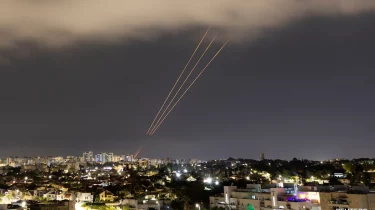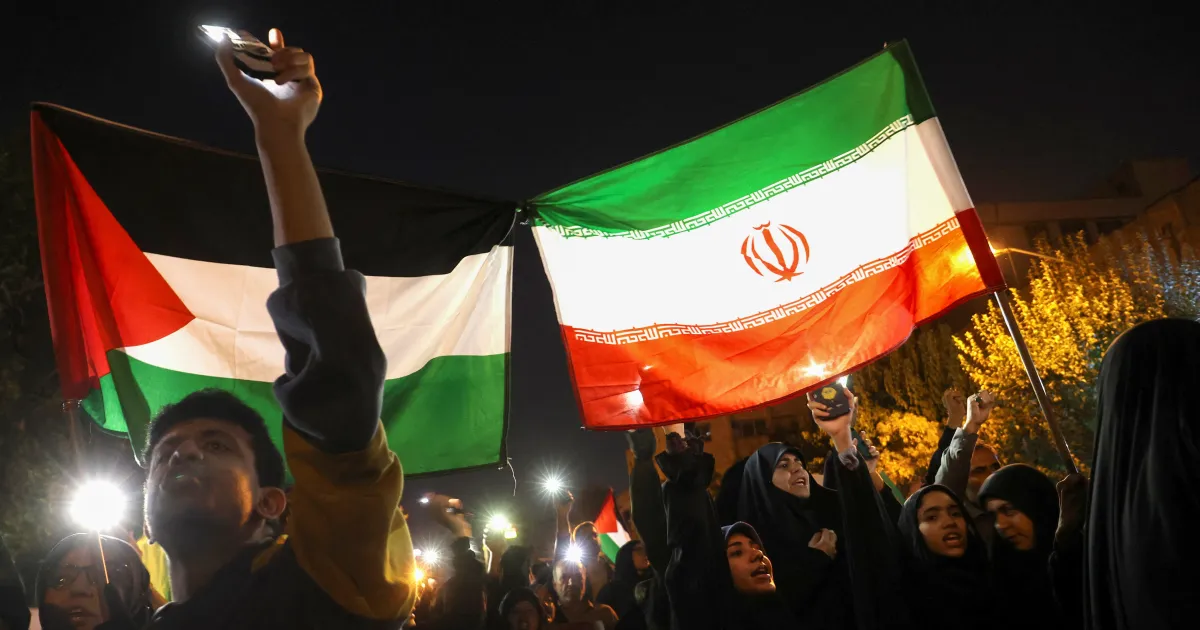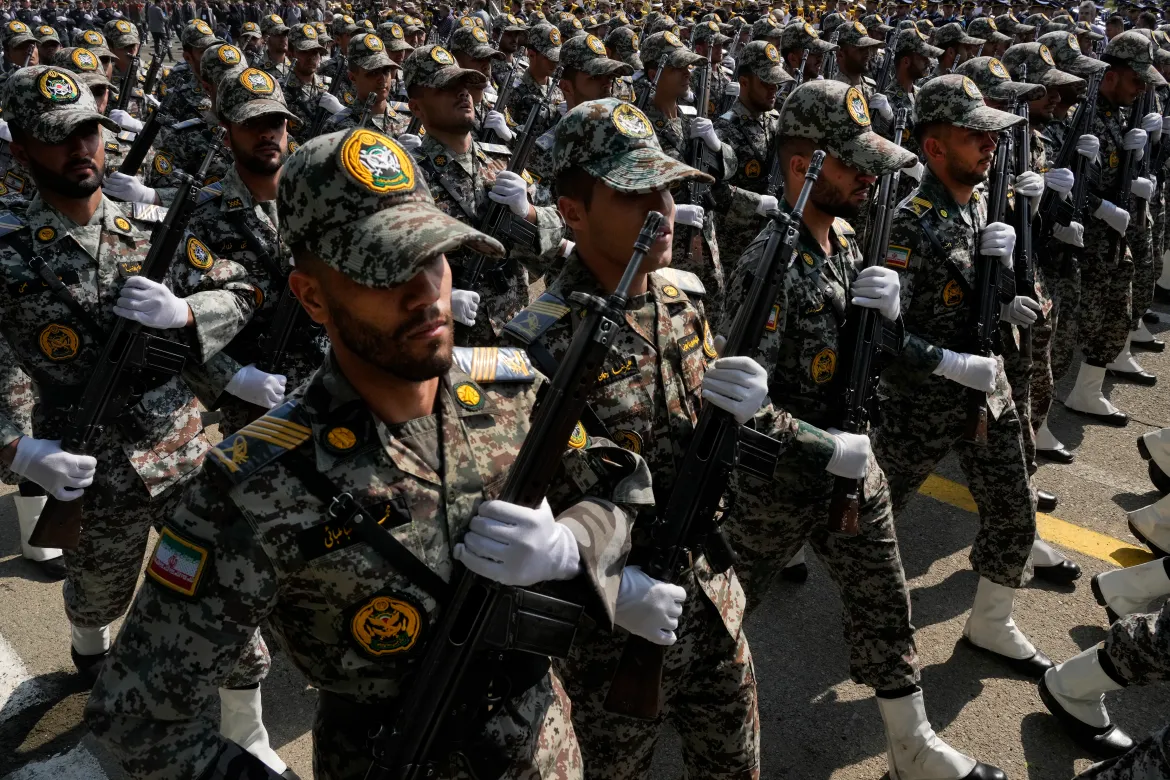Missile attack and international reaction: Israel has urged for sanctions to be imposed on Iran

Israel has called on dozens of Western nations to enforce sanctions against Iran following its firing of over 300 drones and missiles into the country. on Sunday night. Awaiting Jerusalem’s reaction to Tehran’s actions, the international community is calling for restraint in an attempt to deter the escalation of tensions in the Middle East.
Israel and Iran: the conflict is heating up. What is the strategy of the parties?
Earlier this week, Israeli Chief of General Staff Herzi Halevi said that the Iranian attack on Israel in response to the death of the Islamic Revolutionary Guard Corps in Damascus on April 1 requires retaliatory measures. As the Israeli government considers possible actions, Foreign Minister Israel Katz has expressed his intention to initiate a “diplomatic campaign targeting Iran.”
“I have sent correspondence to 32 nations today and engaged in discussions with numerous foreign ministers and prominent global figures, urging sanctions on Iran’s missile program,” Katz said via social media X. He also called for recognition of Iran’s Islamic Revolutionary Guard Corps ( IRGC) terrorist group to “suppress and weaken Iran.” “We need to stop Iran now, while we still can,” Katz said.

The European Union’s foreign ministers will gather for an special session to discuss Iran’s assault on Israel The main goal of the discussion will be the desire to prevent increased tension in the Middle East and continue cooperation in the region.
Leaders of other Western countries also spoke in the same vein. For example, President Joe Biden emphasized that the United States is committed to ensuring Israel’s security and at the same time expressed a desire to prevent increased tension in the Middle East.
British Prime Minister Rishi Sunak has summoned for restraint on all sides and is due to hold a conversation with Benjamin Netanyahu today.
Sunak previously said that a group of seven leading democracies was already developing a set of synchronized actions targeting Iran.
Iranian President Ibrahim Raisi also voiced his stance, emphasizing that Tehran will respond to any actions directed against its interests. “Even the slightest steps against Iranian interests will not go unanswered, and this response will be harsh, large-scale and painful,” Raisi noted during a discussed matters with Qatar’s Emir, Sheikh Tamim bin Hamad al-Thani.

Israel prepares to answer: what to expect?
Israel’s war cabinet held a meeting for the second time in 24 hours as rumors spread of an imminent response. However, there are allegedly, there are differences of opinion within the cabinet over how and when to act.
Reportedly, as per local media sources, the Israeli government is seeking retribution against Iran for the attack, while avoiding a large-scale military confrontation. They also express a desire to act in coordination with Washington.
American officials have stressed that the United States has no plansto participate in military operations targeting Iran. Furthermore though only two days have passed since the Iranian attack, political divisions continue to exist.
Israeli opposition figure Yair Lapid has accused Netanyahu of failing to effectively use deterrence. He called it a “total loss” for Israel.
Netanyahu later called some opposition leaders for a security meeting, but Lapid was not among them.
